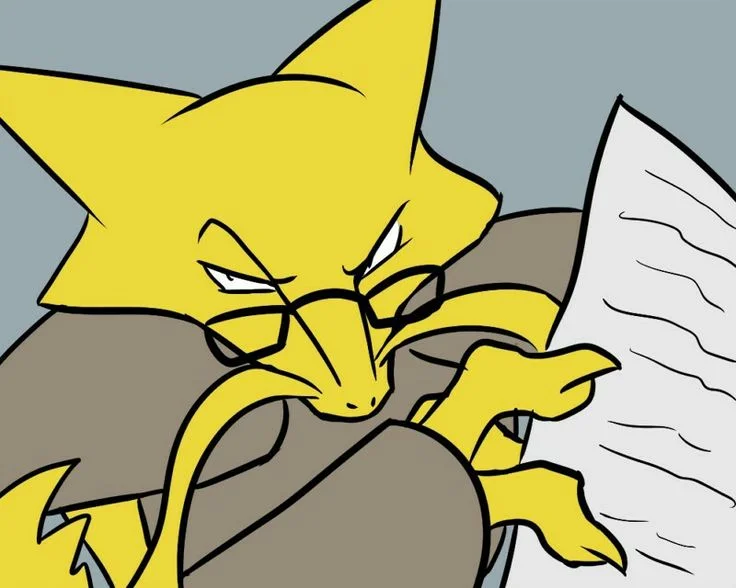In the vast landscape of the internet, a peculiar phenomenon has emerged that has captured the imagination of many: the mysterious world of cursed pool images. These enigmatic pictures, often shared across various platforms, claim to be cursed, harboring a supernatural essence that brings misfortune to those who view them. In this article, we delve into the origins, cultural significance, and psychological impact of cursed pool images, aiming to unravel the secrets behind this peculiar internet subculture.

Origins of Cursed Pool Images:
The concept of cursed images is not exclusive to pools; however, the peculiar fascination with pool-related imagery has gained traction in recent years. The origins of cursed pool images can be traced back to the broader genre of cursed images, which are typically photographs or pictures that evoke a sense of discomfort, unease, or even fear. The cursed pool images take this concept a step further, incorporating elements of water, reflections, and often abandoned or dilapidated settings.
One theory suggests that the fascination with cursed pool images can be linked to the inherent fear of the unknown, amplified by the eerie nature of water in deserted locations. Abandoned pools, with their still waters and reflective surfaces, become an ideal canvas for the imagination to run wild. The juxtaposition of a once lively recreational space now devoid of life adds an extra layer of eeriness to these images.
Cultural Significance:
Cursed pool images, like many internet trends, have permeated various cultures, creating a shared experience among netizens worldwide. The sharing of these images often involves a mix of humor, curiosity, and a sense of shared unease. Online communities have sprung up dedicated to curating and discussing cursed images, with pool-related content being a notable subset.
In some cultures, there is a historical connection between water and superstitions. Bodies of water, including pools, have been associated with supernatural beliefs, and the concept of cursed images may tap into these deep-rooted fears. Whether it be folklore, urban legends, or contemporary horror stories, the cultural significance of cursed pool images varies, adding to the complexity of their interpretation.
Psychological Impact:
The fascination with cursed pool images raises intriguing questions about the human psyche and our attraction to the macabre. Psychologically, these images often evoke a feeling of cognitive dissonance, as the viewer grapples with the mundanity of a pool setting juxtaposed with a sense of impending doom or eeriness.
Moreover, the fear of the unknown and the uncanny can trigger a primal response within the human brain. Evolutionary psychologists argue that the fear of the unknown, especially in unfamiliar environments, may have been advantageous for survival in our ancestors. Cursed pool images, by playing on these primal fears, tap into a deep-seated aspect of human psychology, prompting a visceral reaction in those who view them.
Internet Subcultures and Memes:
Cursed pool images have found a home within internet subcultures, where users actively seek out and share these unsettling visuals. Memes, a cornerstone of internet culture, have played a significant role in popularizing and normalizing the sharing of cursed images, including those featuring pools.
The humor associated with these images often stems from the absurdity of the situations depicted. A pool, a symbol of relaxation and recreation, becomes a source of discomfort and unease. The juxtaposition between the ordinary and the eerie creates a fertile ground for meme creation and sharing, further contributing to the viral nature of cursed pool images.
Online Challenges and Rituals:
The allure of cursed pool images has transcended passive viewing, giving rise to online challenges and rituals. Some internet users engage in activities such as staring at a cursed pool image for an extended period or sharing the image with others, claiming that doing so will bring about a curse or bad luck.
These challenges are reminiscent of earlier internet phenomena, such as the “Blue Whale Challenge,” where participants engaged in a series of escalating tasks culminating in self-harm. While cursed pool images are generally harmless, the participatory nature of online challenges adds an interactive dimension to the phenomenon, encouraging users to actively engage with and propagate the images.
Debunking the Supernatural:
While the concept of cursed pool images may be intriguing and entertaining, it’s essential to note that there is no scientific or supernatural basis for these claims. The notion of a curse attached to an image is purely a cultural construct, rooted in the shared experiences and beliefs of internet users.
Psychologists argue that the perceived curse or bad luck associated with cursed pool images is a result of the placebo effect – the belief that something will happen based on the expectation of it happening. By attributing misfortune to the images, individuals may inadvertently manifest negative outcomes in their lives, reinforcing the perceived curse.
Conclusion:
Cursed pool images stand as a testament to the evolving nature of internet culture, blending elements of humor, horror, and shared experience. The fascination with these images taps into primal fears and the human tendency to seek out the uncanny. While the concept of a cursed image holds no scientific merit, the psychological impact and cultural significance of cursed pool images continue to captivate audiences worldwide.
As we navigate the ever-expanding realms of the internet, the allure of the mysterious and the unsettling persists, reminding us of the power of collective imagination and the fascinating ways in which online subcultures shape our perceptions of the world around us. Cursed pool images may be a fleeting trend, but their impact on internet culture and the exploration of the human psyche is likely to leave a lasting impression.
